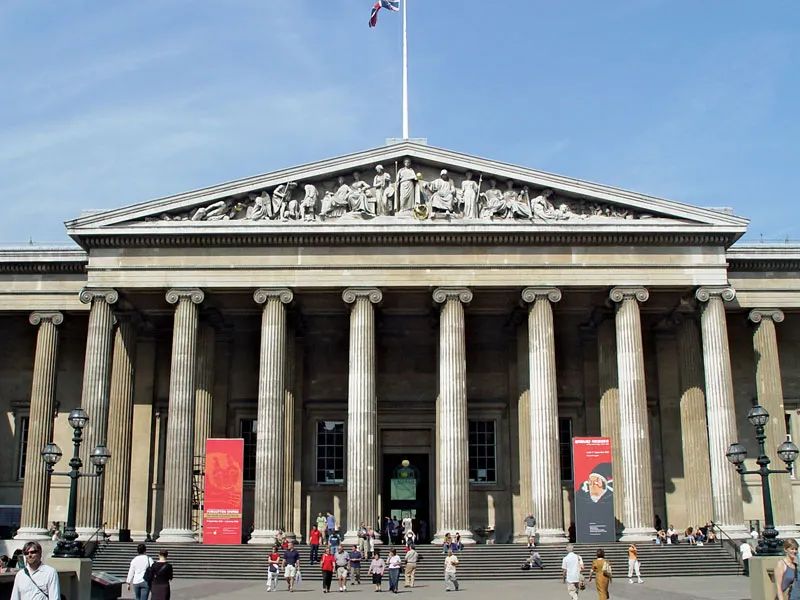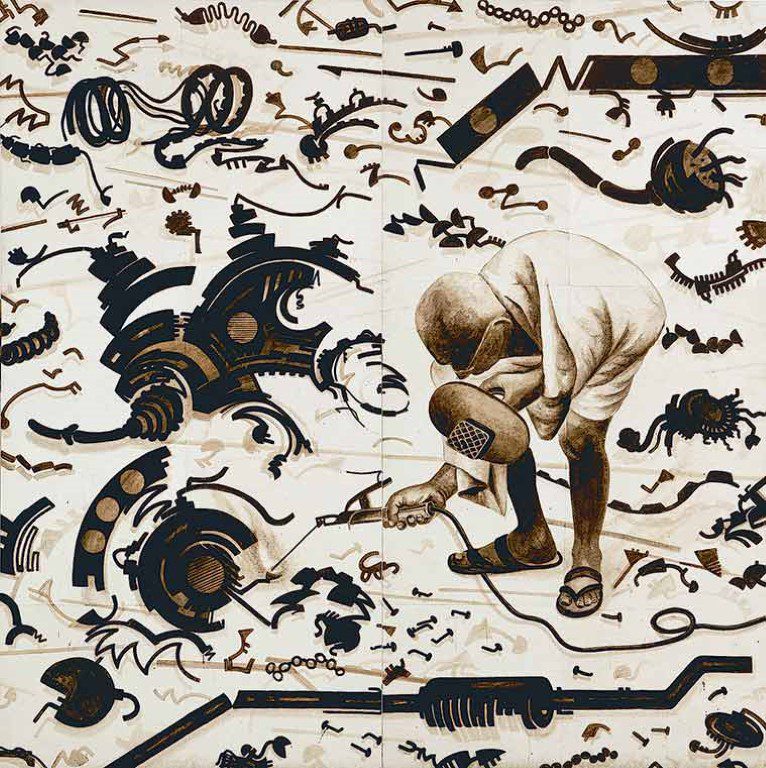In an effort to enhance security, improve public access, and address repatriation demands, the British Museum has unveiled a bold plan to digitize its entire collection. The project is set to span five years and involves digitizing or upgrading 2.4 million records. The announcement comes on the heels of a shocking incident where approximately 2,000 items were stolen from the institution by a former staff member.
Theft Prompts Overhaul of Security Measures
The recent theft, attributed to former curator Peter Higgs, has spurred the British Museum to implement a comprehensive security overhaul. As of now, around 350 stolen items have been recovered. The incident prompted the institution to launch a public appeal for assistance, raising questions about the security of its collection.
Interim director Mark Jones highlighted the importance of increased access in preventing future thefts. He stated, “The better a collection is known – and the more it is used – the sooner any absences are noticed.”
Enhanced Access and Changes in Policy
In response to the thefts, the British Museum is introducing “enhanced access” to its study rooms, where the public and researchers can view collection items by appointment. Additionally, changes in the rules governing access to “strongrooms” have been implemented to prevent individuals from entering them unaccompanied.
Digitisation Strategy and Funding
The digitisation project has a substantial estimated cost of £10 million ($12.1 million). However, the British Museum aims to fund the project privately rather than relying on taxpayer or government funds.
The increased digital access to the collection is a way to address calls for the return or repatriation of items. Chairman of the Board, George Osborne, emphasized that by offering digital access, the museum can respond to such demands by saying, “They are available to you. Even if you cannot visit the museum, you are able to access them digitally.”
Committee Inquiry Reveals Insights
During a parliamentary committee hearing, the British Museum’s interim director and chairman provided insights into how the thefts occurred and the subsequent policy changes. It was revealed that trust placed in a staff member had been “completely abused,” with records altered and efforts made to conceal the inside job. The staff member responsible for the theft has since been dismissed.
Osborne disclosed that the thefts may have taken place over two to two and a half decades. Additionally, the museum was criticised for not adequately responding to reports from Dutch art dealer Ittai Gradel in 2021, who alerted senior officials about stolen items listed on eBay for as little as $51. Osborne admitted that dismissing Dr. Gradel’s claims was a mistake but clarified that he was not the museum’s chair of trustees at the time.
Director’s Resignation and Future Prospects
The parliamentary committee learned that the museum’s director, Hartwig Fischer, decided to retire earlier in the summer due to questions raised by the board of trustees about his management. His resignation, however, was prompted by public comments he made concerning Dr. Gradel’s whistleblower complaint.
The interim director, Mark Jones, disclosed that many of the stolen items were originally part of the collection of Charles Townley, acquired by the museum in 1814. Jones expressed regret that the initial decision not to register these items was never corrected.
Promising Developments in Collaboration
In response to the thefts and criticisms, Greek Culture Minister Lina Mendoni penned an op-ed expressing concerns about the treatment of the Parthenon marbles at the British Museum. During the committee hearing, George Osborne mentioned ongoing discussions with the Greek government about forming a “proper partnership.” This partnership could entail objects from Greece coming to the British Museum and items from the Parthenon collection potentially traveling to Greece, opening new possibilities for cultural exchange.
Furthermore, the British Museum is actively searching for a replacement for Hartwig Fischer, with plans to advertise for the position shortly. This step marks a significant step in the institution’s transition following the recent thefts and management changes.
Feature Image Courtesy: Britannica

Contributor





